With a constantly evolving career landscape, it is increasingly challenging for students to identify, assess, and act upon their options as they plan for careers and college. While the current career guidance and counseling infrastructure plays a critical role in assisting students with college and career selection decisions, nationwide, one in five high schools lacks a school counselor. Furthermore, the American Counseling Association reports that in 2013, the national average student-to-school-counselor ratio for K-12 counselors was 482:1 with peaks of 880:1 in Arizona and 826:1 in California. As a result, students receive only minutes of in-person time with their counselor annually, as they prepare to make important postsecondary education and career decisions.
The U.S. Department of Education (ED) Reach Higher Career App Challenge called upon mobile app developers, educators, and data mavens to submit mobile solutions to improve access to information about career and technical education (CTE), help students, including students with disabilities and English learners, navigate education and career pathways, and increase the capacity of career counselors to assist students in making decisions about their education and career options. The Challenge sought mobile app solutions focused on middle and high school students that include integrated tools to assess user skills and interests, and offer users accessible information on occupations, education options, credentials, and career-seeking skills through an individualized user experience. Submissions included a plan for full development and integration of local educational and employment data — so that any student, anywhere, can reach higher.
See the full Challenge Rules, Terms, and Conditions here (PDF).

At a Glance
Awards
$225,000
5 finalists received $25,000 and 1 grand prize winner received $100,000
Schedule
Oct - Dec 2015: Open Submissions
May 2016: Finalist Announcement
Aug 2016: Winner Announcement
Submission
Mobile app solutions focused on middle and high school students that include integrated tools to assess' user skills and interests, and offer users accessible information on occupations, education options, credentials, and career-seeking skills.
See full Submission Form here (PDF).
OCTAE Contact
Jenny Lambert
Jenny.Lambert@ed.gov
(202) 987-1304
Finalists
Grand Prize Winner — Hats & Ladders
A game-based app that supports middle and high school career exploration with swipe-to-choose self-assessments, connected activities, and mini-challenges.
INFORM® Journeys
Edmin.com, Inc.
Interactive learning map app created to help students explore life's possibilities as they navigate through K-12, CTE, college/university, military service, and/or vocational training.
MARi
MARi LLC
School and career coach app that brings together assessments, capability mapping, and achievement validation, along with personalized career and education opportunities, into a comprehensive map of the labor market.
Overgrad
Overgrad, Inc.
A web platform that leverages community resources, technology, and data to support long-term student outcomes.
Future Plans®
Pinellas Education Foundation
Career discovery app that assesses student aptitudes and interests to map educational pathways with in-demand career choices.
The Challenge assembled an esteemed panel of judges (detailed below), who drew from diverse education and tech backgrounds. Based on their individual expertise, judges reviewed submissions against the published selection criteria (detailed below) and recommended five finalists to be selected by ED from the pool of eligible submissions. Once ED selected and announced a group of finalists on May 11, 2016, the finalists then refined their submissions during the Virtual Accelerator phase and presented their submissions on Demonstration Day (“Demo Day”) on July 7, 2016 at the White House. Following Demo Day, a grand prize winner was announced and awarded on August 24, 2016.
Finalist Selection Criteria
Submissions were scored by the judges based on the quality of each submission according to the criteria below. Each of the following five selection criteria was assigned up to 20 points during the judging of open submissions in order to select finalists (for a total of up to 100 points):
- Actionable Outcomes. Demonstrates seamless career choice decision-making through the integration of (i) An interactive tool that assesses user skills and interests; (ii) Up-to-date occupational data; (iii) Educational options, including career and technical education (CTE) programs, technical skill credentials, and postsecondary certificate and degree programs; and (iv) Career-seeking skills, which may include resume writing skills, interviewing skills, etc.
- Target Audience. Provides support for educational and career path decision-making across a broad cross-section of students, including students with disabilities, English Learners, and students in CTE programs. Provides support for a counselor and/or teacher interactions with students, or plans for accessible features that will provide this support as the app is further developed.
- Scalability. Offers viable plan for full development of features, including the integration of comprehensive employment data, effective communication for English Learners and individuals with disabilities, and virtual accessibility in a form that meets a government or industry-recognized standard for accessibility. Details how local data and application programming interfaces (APIs) will enable the prototype to be customized to offer local educational and employment information.
- Team Commitment. Illustrates commitment and ability of submitting team to develop the prototype into a fully functional app.
Finalist & Winner Judges
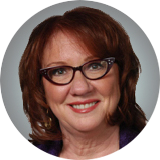
Cheryl Carrier
—
Director,
Ford Next Generation Learning
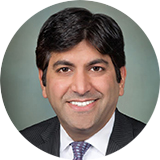
Aneesh Chopra
—
Co-Founder,
Hunch Analytics; Former U.S. CTO
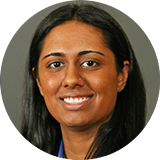
Aarti Dhupelia
—
VP of Strategic Initiatives;
National Louis University
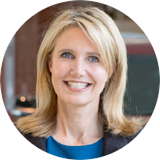
Gale Halsey
—
CLP & Director, Global Learning &
Organization Development,
Ford Motor Company
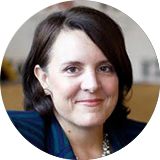
Donna Harris
—
Co-Founder & CEO,
1776
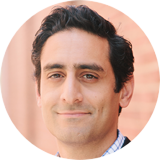
Arrun Kapoor
—
Managing Director;
SJF Ventures
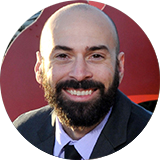
Corey Notestine
—
Counseling & Postsecondary
Coordinator,
Colorado Springs School District 11
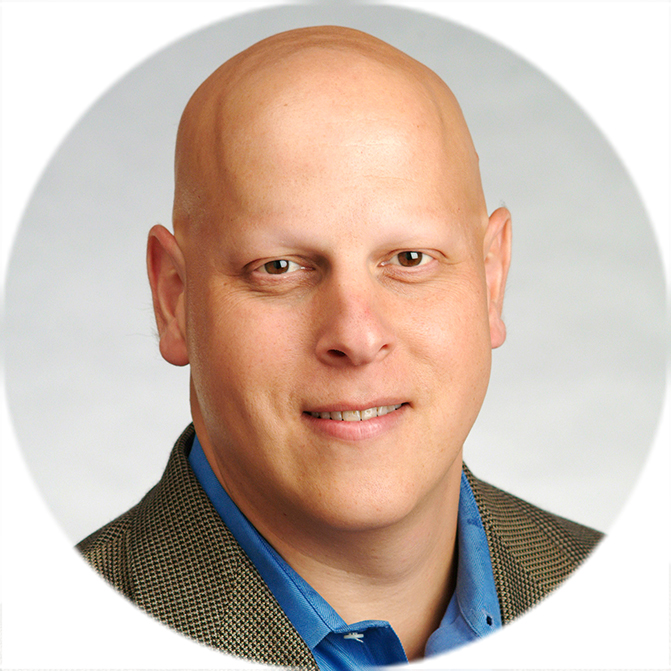
Daniel Weitzner
—
Director,
MIT Internet Policy Research
Initiative
Grand Prize Winner Announcement
August 24, 2016
First Lady Michelle Obama announced ThinkZone Games as the grand prize winner! ThinkZone Games received $100,000 and additional sponsor prizes valued at $300,000 for their career exploration mobile app Hats & Ladders. With their prize money, ThinkZone Games completed development in preparation for a pilot with 50 middle schools in early 2017. Additionally, all finalists were invited to the Code for America Summit in November 2016.
Demo Day
July 7, 2016
The Challenge welcomed government leaders, Challenge judges, sponsors, mentors, and the five finalists to the White House for the Reach Higher Career App Challenge Demo Day. The day began with speakers who shared insights into how these solutions could transform students’ lives. The finalists then presented their refined solutions to the judges, showing how they had progressed during the Virtual Accelerator, and offered a hands-on demonstration of their prototypes.
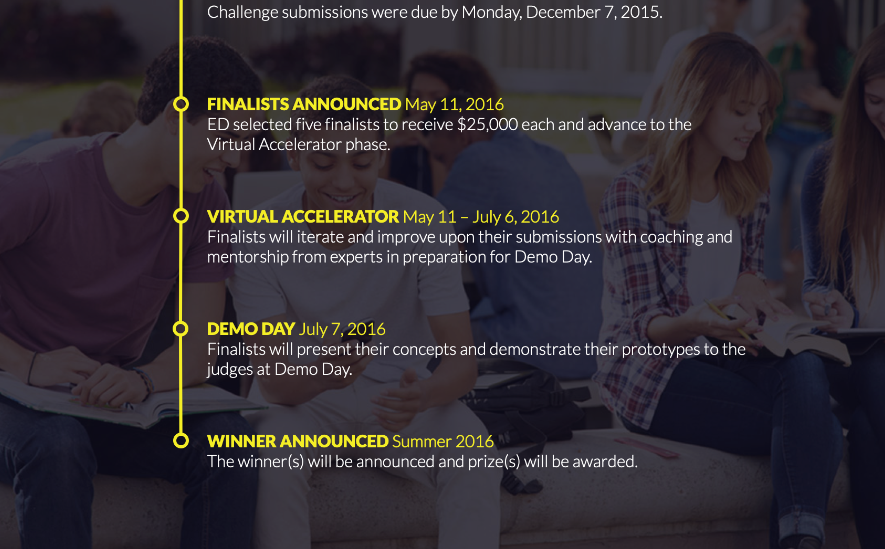
Six-Week Virtual Accelerator
June - July 2016
After their selection as a Challenge finalist, ThinkZone Games and the other 4 finalists participated in an intensive 6-week Virtual Accelerator phase to refine their business model and develop a working prototype. During this phase, they were supported by mentors with expertise in mobile design, business modeling, civic tech, and career counseling.
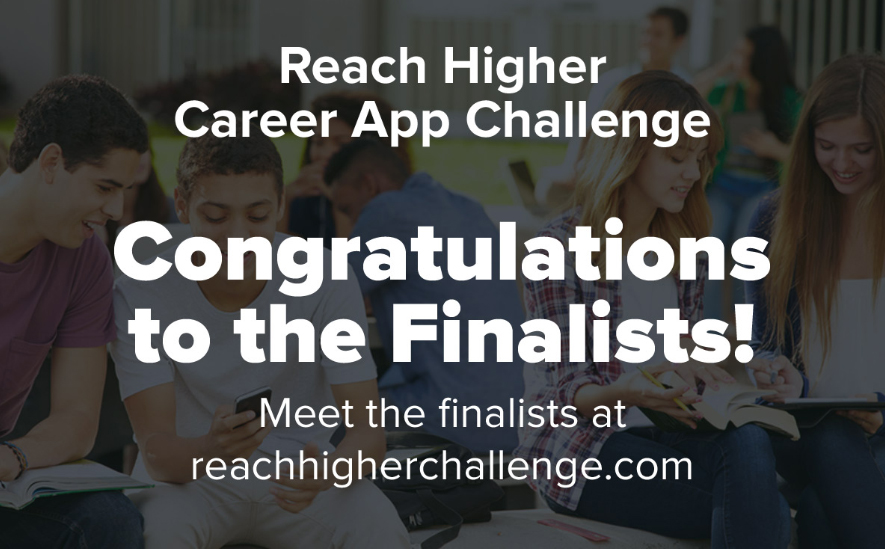
Finalist Annoucement
May 11, 2016
The First Lady’s Reach Higher Initiative and the U.S. Department of Education announced five finalists in the Challenge. Each finalist received $25,000 and proceeded to the Virtual Accelerator phase of the competition to refine their concepts with support from subject matter experts in design, business modeling, civic tech, and career counseling.
Information Session
November 3, 2015
The U.S. Department of Education hosted a live webinar to provide an overview of key Challenge information, and discuss questions about the Challenge. Topics included an in-depth explanation of the Challenge, detailing key aspects of the criteria and the multi-stage competition process. The webinar concluded with a Q&A session.
Open Submissions
October 7 - December 7, 2015
The Reach Higher Initiative was part of First Lady Michelle Obama’s effort to inspire every student in America to take charge of their future by pursuing their education beyond high school. The First Lady announced the launch of the Challenge, calling on America’s innovators to design new mobile apps that will help students learn about all career options, including career and technical education (CTE) pathways, and connect them with the programs and jobs they need to fulfill their dreams.
IBM
IBM offered Challenge solvers the opportunity to extend their 30-day IBM Bluemix™ trial to 60 days, and offered award packages to one Challenge winner for their ongoing use of Bluemix. Bluemix gives developers flexibility, offering three open-source technologies to run the app code: Cloud Foundry, IBM Containers, and Virtual Machines.
Microsoft
Microsoft provided the first 100 qualified teams with free developer resources to either the BizSpark program for qualified start-ups and entrepreneurs or the DreamSpark program for students and academic institutions. Microsoft awarded one Challenge winner with an invitation to the BizSpark Plus program, inclusive of up to $120,000 of Azure Cloud Services, free software, developer tools, and technical support for one year.
Sokanu
Sokanu is a career discovery platform that measures an individual’s compatibility with various careers. The assessment measures 186 traits across 8 categories, including personality, needs, culture, interests, and abilities, and matches this data to a modified version of the O*NET career database. Solvers had the opportunity to leverage the Sokanu API to integrate the assessment and career data into their apps.
Included below are the many readings and free resources that were made available to solvers entering the Reach Higher Career App Challenge (RHCAC).
Use of these resources and tools was optional, but encouraged.
Developer Resources
- Sokanu API, Sokanu
- Microsoft BizSpark, Microsoft
- IBM Bluemix™, IBM
- Developer's Corner, Occupational Information Network (O*NET) Resource Center
- MyNextMove, U.S. Department of Labor
- CareerOneStop API, U.S. Department of Labor
- Khan Academy API, Khan Academy
- Glassdoor API, Glassdoor, Inc.
- LinkedIn Developers APIs & SDKs, LinkedIn Corporation
- MyData Open Data Specification, U.S. Department of Education
- College Scorecard Data, U.S. Department of Education (GitHub Link)
- Ed Tech Developer's Guide, U.S. Department of Education
- Occupational Outlook Handbook, Bureau of Labor Statistics
- Model Terms of Service Guidelines, Privacy Technical Assistance Center
- RIASEC Inventory (Holland Codes), Jist Publishing
Career and Technical Education
- Education to Employment: Designing a System That Works, McKinsey & Company
- What is CTE?, Association for Career and Technical Education
- The National Career Clusters® Framework, National Association of State Directors of Career Technical Education Consortium
- Career and Technical Education, 5 Ways that Pay, Georgetown University
Career Guidance and Counseling
- True North: Charting the Course to College and Career Readiness, College Board Advocacy & Policy Center
- Career and College Counseling in America's High Schools, National Association for College Admission Counseling
- Effective Counseling in Schools Increases College Access, National Association for College Admission Counseling
DISCLAIMER
This website contains information and resources from public and private organizations that may be useful to the reader. Inclusion of this information does not constitute an endorsement by the U.S. Department of Education (ED) of any products or services offered or views expressed. Blog articles provide insights on the activities of schools, programs, grantees, and other education stakeholders to promote continuing discussion of educational innovation and reform. Blog articles do not endorse any educational product, service, curriculum, or pedagogy.
This website also contains hyperlinks and URLs created and maintained by outside organizations, which are provided for the reader’s convenience. ED is not responsible for the accuracy of the information contained therein.